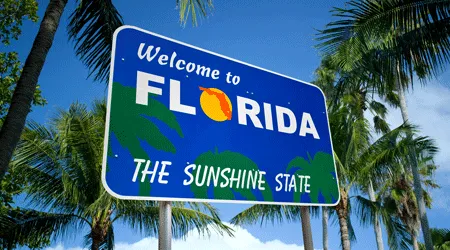
As its population ages and grows, Florida is facing a shortage of 7,000 physician specialists over the next 10 years, according to a report published Tuesday by the Safety Net Hospital Alliance of Florida.
The shortfall spans 19 specialties, with the largest need for physicians in psychiatry, general surgery, rheumatology and thoracic surgery, according to the report.
The report recommends expanding medical education programs and medical residency training positions so as to attract top graduates nationwide and keep them in the state after they finish their residences. Where medical school graduates conduct their residencies plays a crucial role in where they chose to practice, the study states.
Florida ranks near the bottom nationwide in the number of residency training slots relative to its population.
Eighty-one percent of doctors who complete their medical school and residency training in Florida end up staying in state. However, Florida is losing two-thirds of its medical school graduates to out-of-state residency programs, according to the report.
[Also: The latest hospital C-suite titles]
The state needs to create and fill 13,568 residency positions to fully resolve the physician shortage by 2025. This equates to about 1,360 new residency slots a year for the next decade.
The study shows Florida will face a 19 percent shortfall of physician specialists needed in 2025 and an overall 7 percent shortage of physicians.
Follow Healthcare Finance on Twitter and LinkedIn.
Regionally, the Panhandle and Southwest Florida will have the most severe shortages of doctors in endocrinology, rheumatology, hematology and other non-primary care areas, the report states.
Teaching hospital officials advocate offering financial incentives to hospitals that create and retain slots in specialties with shortages.
In 2013, Gov. Rick Scott proposed $80 million in recurring funds for a new Medicaid residency program, and in the new fiscal budget has proposed increasing graduate medical education funding by another $7.5 million annually, according to the report.
Florida has known for some time about its shortage of doctors, but this was the first-ever study of physician supply and demand.
It was conducted by IHS Global and commissioned by the Safety Net Hospital Alliance of Florida and the Teaching Hospital Council of Florida.
Twitter: @HFNewsTweet